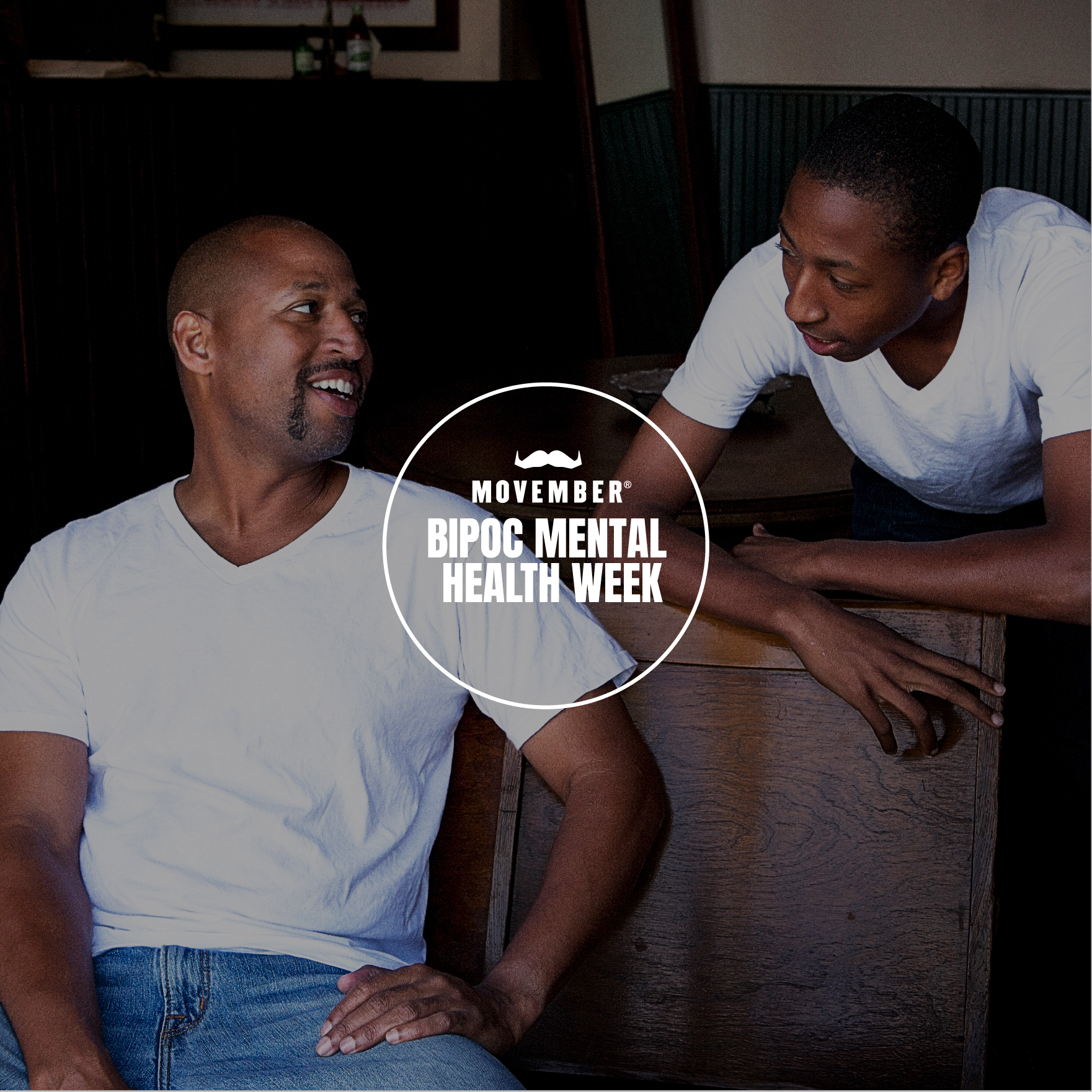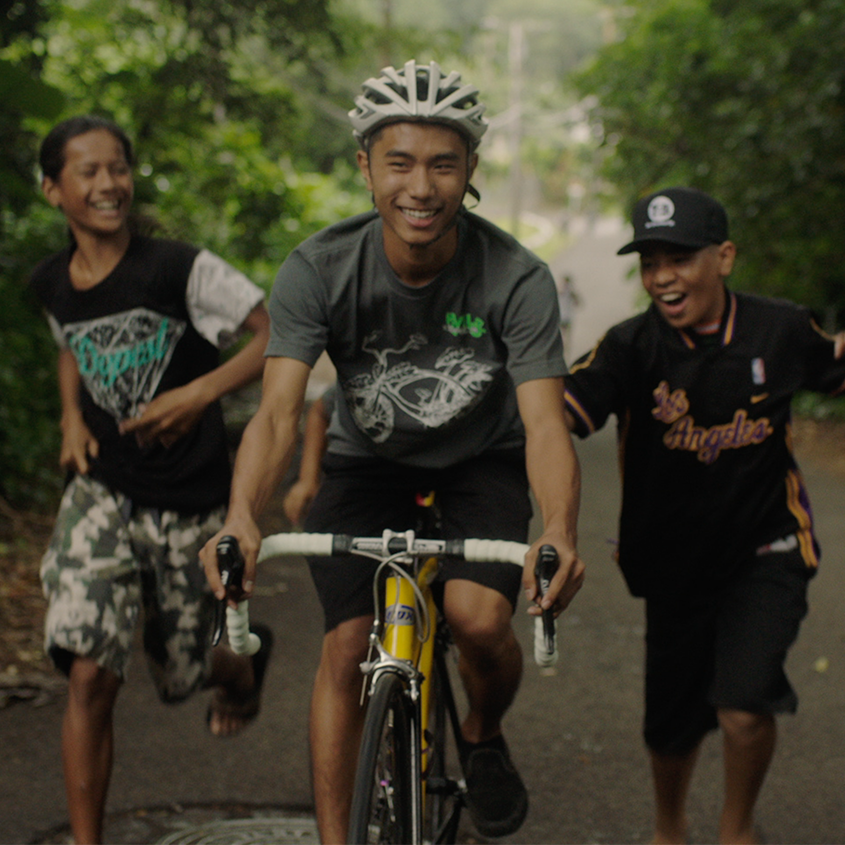Twenty-two veterans die by suicide every single day, which is more than the number of active soldiers being lost in conflict. Because of this, Movember is supporting several veteran-oriented programs as part of its ‘Making Connections for Mental Health and Wellbeing among Men and Boys’ initiative. This work is funded by Movember and coordinated by Prevention Institute.
One program, called Resilience Grows Here (RGH), is led by the Farmington Valley Health District in Canton, CT which is home to the National Guard’s 103rd Airlift Wing. The program engages veterans, their families, and members of the broader community in efforts to prevent suicide among veterans by reducing veterans’ isolation, destigmatizing mental illness, building resilience in boys and men, and creating safe spaces for veterans to connect with each other.
Present at every step in the process, veterans have been instrumental in determining what their community needs and what activities their comrades would find useful. “It’s so important that we pause, reach out, and listen to people who are struggling,” said Justine Ginsburg, RGH Director. A series of focus groups, interviews, and planning sessions generated a set of strategies to prevent suicide that was created by veterans for veterans.
From those discussions and planning sessions, RGH has developed and implemented a variety of programs for veterans and their families including:
- A peer-to-peer mentoring program that trains veterans to provide support and friendship to other veterans.
- Question, Persuade, Refer (QPR) suicide prevention training that teaches participants warning signs of suicide, how to ask someone about suicide, and how to persuade someone to get help.
- A program in local schools called the Year of Resilience Program, that pairs veterans with students to teach students about resilience.
- Safe spaces where veterans and their family members can come together and get community support such as community meals, resource nights, film screenings, and other events.
Through these efforts, RGH has been able to reduce veteran isolation, improve the community’s understanding of the needs and sacrifices of veterans and their families, help destigmatize mental illness and promote good mental health, and provide access to programs and services that meet the needs of veterans and their families.
To date Resilience Grows Here has trained over 3,500 people in QPR suicide prevention training and has worked with over 2,000 school children from kindergarten through 12th grade across two school districts with the Year of Resilience Program. Their reach through the National Guard’s 103rd Airlift Wing is over 1,500 airmen.
As a result of their training and efforts, they have saved at least 41 lives because those involved with the program knew how recognize the warning signs of suicide and what to do next.
This video demonstrates how Resilience Grows Here is using the power of community collaboration to reduce isolation and strenghten relationships in order to improve mental health and decrease the number of men who die by their own hand.
Background on Making Connections:
The Making Connections initiative was created following a detailed landscape report funded by Movember and developed by Prevention Institute.
Making Connections for Mental Health and Wellbeing Among Men and Boys in the U.S., was released In 2014. This report explored some of the underlying factors contributing to the mental health problems in the U.S. Across the interviews and the reports reviewed, consistent themes, trends, and challenges for men and boys emerged, including:
- Disconnection and isolation—from community, peers, family, children and culture—are major factors that undermine men’s mental health.
- Trauma, and its associated symptoms of mental and psychological illness, disproportionately impact boys and men of color, in addition to military service members, veterans, and their families.
- Stressors such as lack of economic opportunity, unstable economy, growing inequity, and exposure to violence are negatively impacting mental health and wellbeing.
To date, Movember has invested over $16M USD in the Making Connections initiative.
Join us this Movember to help us continue this work to stop men dying too young. Sign up to participate or donate now.









.png)